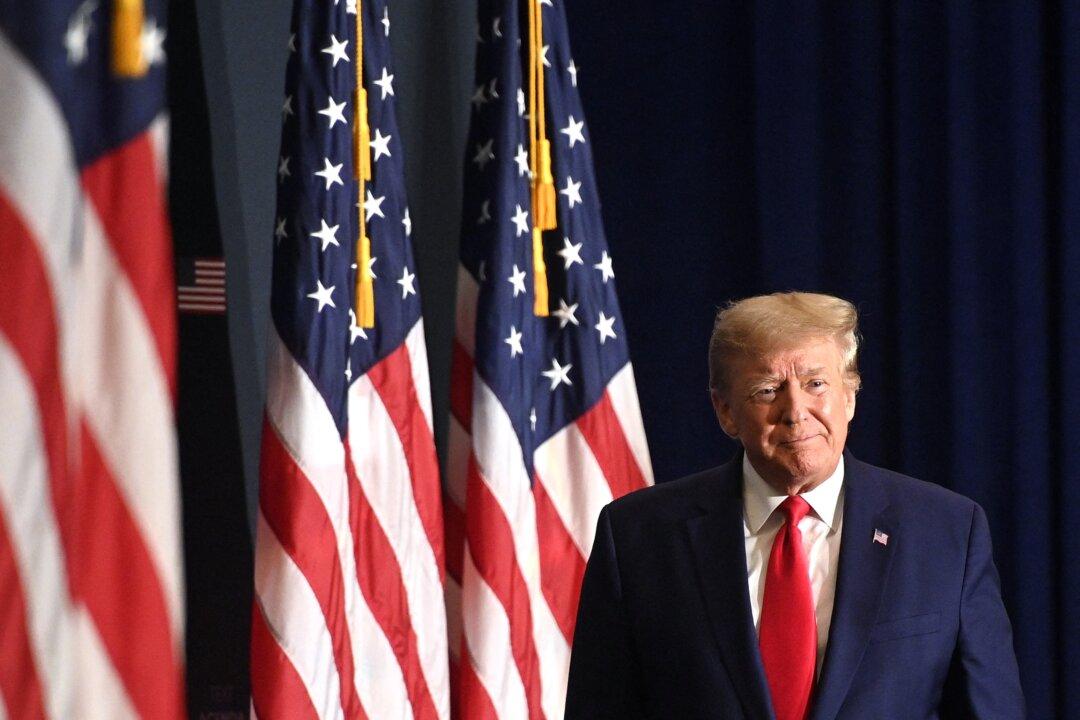Former President Donald Trump asserted “absolute immunity” to shield him from civil lawsuits over his role in the Jan. 6 Capitol breach.
In a July 27 filing (pdf), Trump’s attorneys Jesse Binnall and Molly McCann urged a federal appeals court in Washington to entirely dismiss the former commander-in-chief as a defendant in civil suits linked to the Capitol incident in early 2021, citing presidential immunity.




